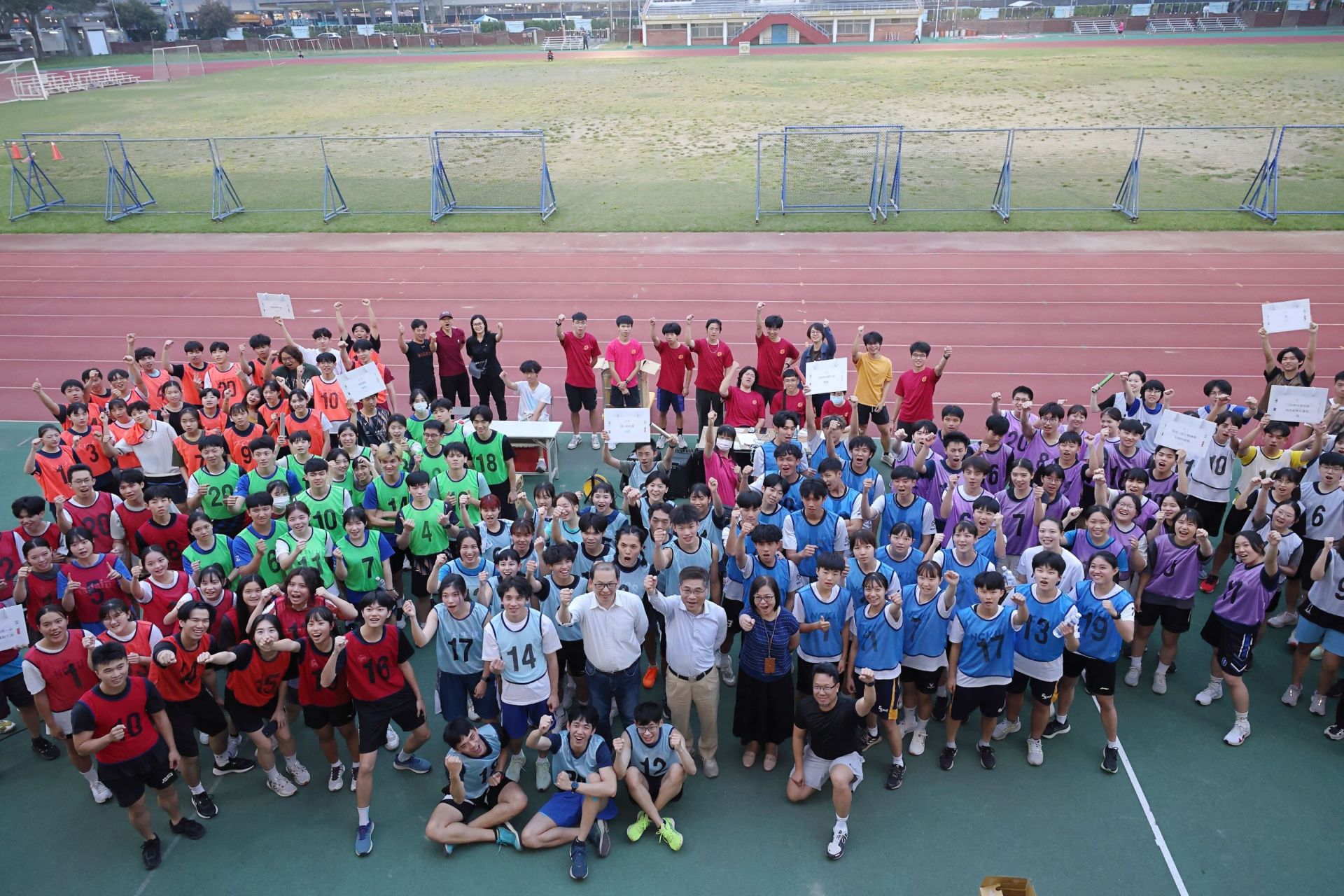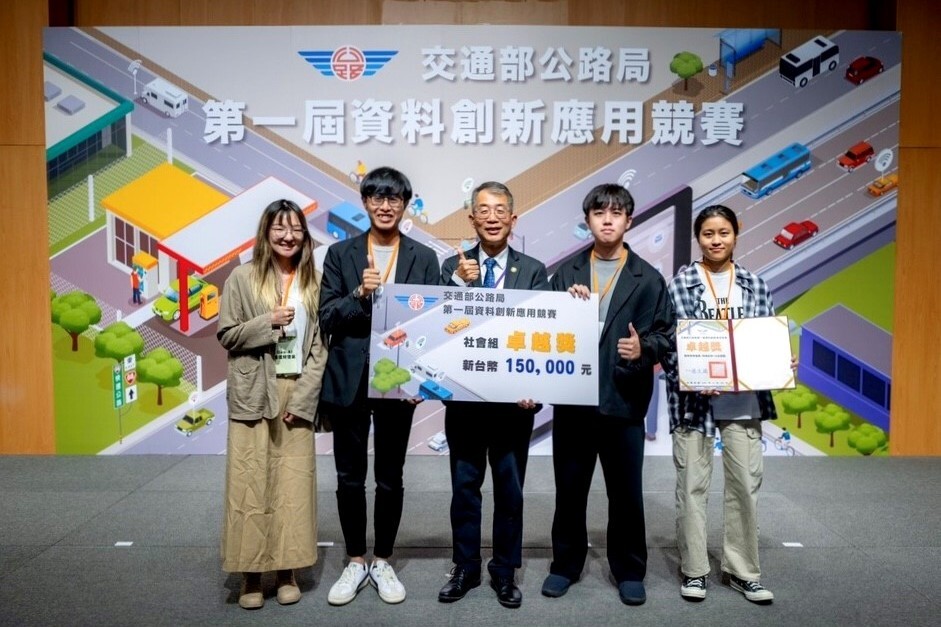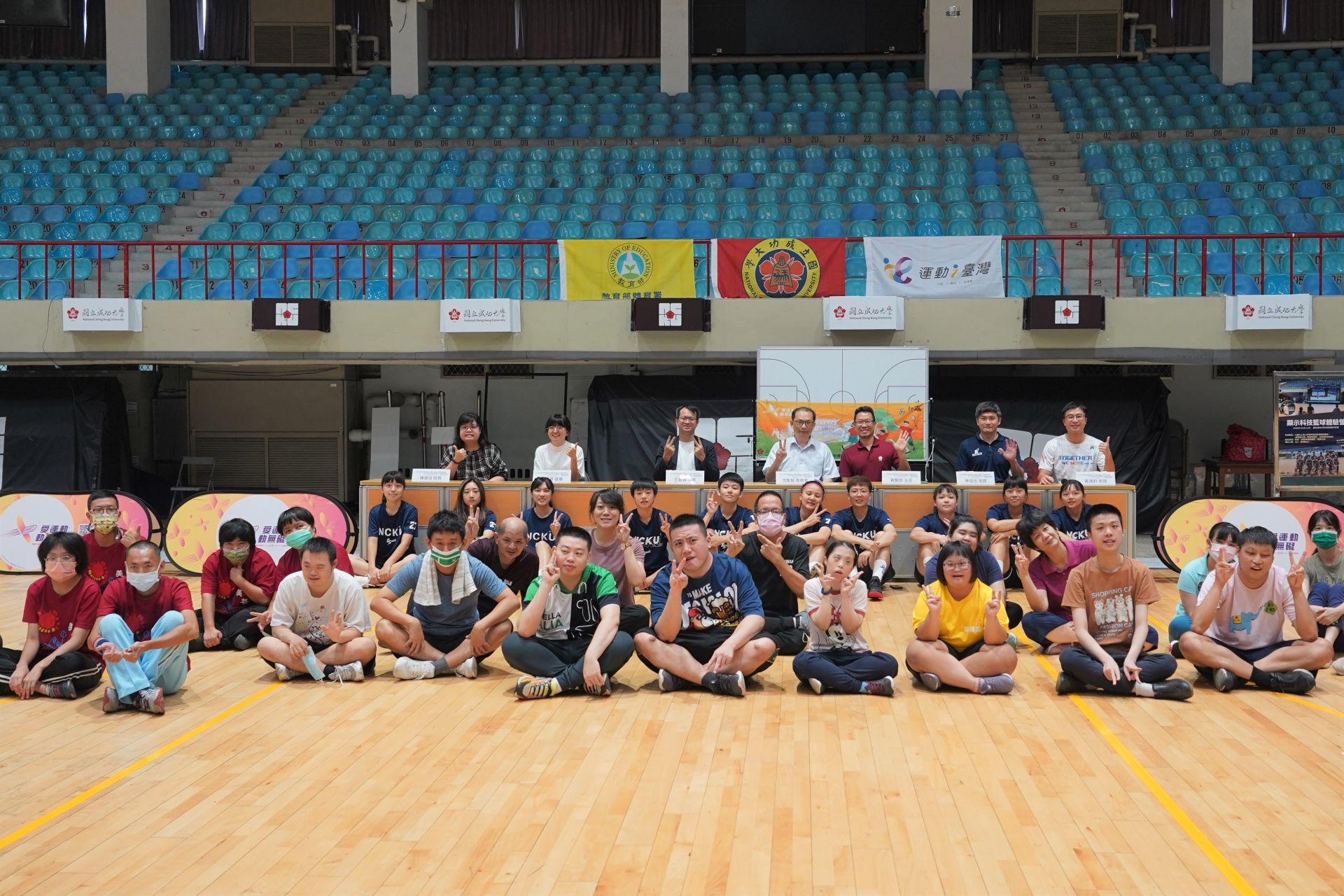SDG3
NCKU Interdisciplinary Team Wins First Prize in Student Design Competition at the 2025 IUPESM World Congress
A cross-disciplinary student team from National Cheng Kung University (NCKU) developed “VRMTFOA: Virtual Reality Mirror Therapy with Focused Objective Attention” to address rehabilitation needs for patients with post-stroke hemiplegia. Combining virtual reality (VR) technology with an attention-guided mechanism, the system effectively overcomes the limitations of traditional mirror therapy. At the 2025 World Congress on Medical Physics and Biomedical Engineering (IUPESM), the team’s outstanding innovation triumphed over global competitors, winning First Prize in the Student Design Competition.
The IUPESM World Congress, held once every three years, is a premier international event bringing together experts in medical engineering and physics worldwide. The 2025 congress took place from September 29 to October 3 in Adelaide, Australia.
The award-winning NCKU team comprises Ai-Ting Huang, Tzu-Wen Wang, Chi-Chun Chiang, Yu-Chen Nien from the Department of Biomedical Engineering, and Fiorina Goh Sin Ling from the Department of Occupational Therapy. The project was co-supervised by Associate Professor Che-Wei Lin (Department of Biomedical Engineering) and Professor Hsiu-Yun Hsu (Department of Physical Medicine and Rehabilitation, NCKU Hospital).
VR Innovation Enhances Traditional Rehabilitation and Treatment Outcomes
Traditional mirror therapy allows patients to perceive movement in their affected limb through mirror reflection, stimulating neural reorganization. However, fixed viewing angles and repetitive movements often make it difficult for patients to maintain attention, limiting rehabilitation results. The VRMTFOA system immerses users in interactive virtual tasks, using a gamified interface to direct their attention to the affected limb’s movement. This not only increases engagement and motivation but also overcomes the long-standing challenge of quantifying patient attention during therapy.
EEG Verification: Significant Activation of Cortical and Neural Connectivity
To evaluate the system’s effectiveness, the research team conducted electroencephalogram (EEG) experiments with 20 healthy participants. Results showed that during rehabilitation with the VRMTFOA system, activation in the motor cortex—measured by event-related desynchronization (ERD)—significantly increased, while interhemispheric neural connectivity improved notably. Further findings revealed that when auditory feedback was added (VRMTFOA-AF), brain activation effects became more sustained and widespread, demonstrating the vital role of multisensory feedback in promoting neuroplasticity.
Supervisors Associate Professor Che-Wei Lin and Professor Hsiu-Yun Hsu stated, “This award not only recognizes our students’ creativity and technical capability but also reflects NCKU’s research excellence in biomedical engineering. The success of the VRMTFOA system offers a more effective and personalized rehabilitation option for stroke survivors.”
Future Vision: Integrating Cloud and Telemedicine for Accessible Home Rehabilitation
The team envisions integrating the VRMTFOA system with cloud-based platforms and remote monitoring, enabling therapists to track patients’ rehabilitation progress and attention levels in real time regardless of location. This development could greatly benefit patients in rural areas or with limited mobility by providing high-quality, accessible home-based rehabilitation services, advancing the goal of equitable and efficient healthcare.
Participation in the Adelaide congress and the team’s achievement were made possible through the generous support of the “Fuh-Gwo Yuan Alumni Scholarship,” the Department of Biomedical Engineering, the Precision Health Education Center for Medical Device Innovation and Commercialization and Innovative High-Value Medical Devices, and the Medical Device Innovation Center, which provided essential funding and mentorship support.
The IUPESM World Congress, held once every three years, is a premier international event bringing together experts in medical engineering and physics worldwide. The 2025 congress took place from September 29 to October 3 in Adelaide, Australia.
The award-winning NCKU team comprises Ai-Ting Huang, Tzu-Wen Wang, Chi-Chun Chiang, Yu-Chen Nien from the Department of Biomedical Engineering, and Fiorina Goh Sin Ling from the Department of Occupational Therapy. The project was co-supervised by Associate Professor Che-Wei Lin (Department of Biomedical Engineering) and Professor Hsiu-Yun Hsu (Department of Physical Medicine and Rehabilitation, NCKU Hospital).
VR Innovation Enhances Traditional Rehabilitation and Treatment Outcomes
Traditional mirror therapy allows patients to perceive movement in their affected limb through mirror reflection, stimulating neural reorganization. However, fixed viewing angles and repetitive movements often make it difficult for patients to maintain attention, limiting rehabilitation results. The VRMTFOA system immerses users in interactive virtual tasks, using a gamified interface to direct their attention to the affected limb’s movement. This not only increases engagement and motivation but also overcomes the long-standing challenge of quantifying patient attention during therapy.
EEG Verification: Significant Activation of Cortical and Neural Connectivity
To evaluate the system’s effectiveness, the research team conducted electroencephalogram (EEG) experiments with 20 healthy participants. Results showed that during rehabilitation with the VRMTFOA system, activation in the motor cortex—measured by event-related desynchronization (ERD)—significantly increased, while interhemispheric neural connectivity improved notably. Further findings revealed that when auditory feedback was added (VRMTFOA-AF), brain activation effects became more sustained and widespread, demonstrating the vital role of multisensory feedback in promoting neuroplasticity.
Supervisors Associate Professor Che-Wei Lin and Professor Hsiu-Yun Hsu stated, “This award not only recognizes our students’ creativity and technical capability but also reflects NCKU’s research excellence in biomedical engineering. The success of the VRMTFOA system offers a more effective and personalized rehabilitation option for stroke survivors.”
Future Vision: Integrating Cloud and Telemedicine for Accessible Home Rehabilitation
The team envisions integrating the VRMTFOA system with cloud-based platforms and remote monitoring, enabling therapists to track patients’ rehabilitation progress and attention levels in real time regardless of location. This development could greatly benefit patients in rural areas or with limited mobility by providing high-quality, accessible home-based rehabilitation services, advancing the goal of equitable and efficient healthcare.
Participation in the Adelaide congress and the team’s achievement were made possible through the generous support of the “Fuh-Gwo Yuan Alumni Scholarship,” the Department of Biomedical Engineering, the Precision Health Education Center for Medical Device Innovation and Commercialization and Innovative High-Value Medical Devices, and the Medical Device Innovation Center, which provided essential funding and mentorship support.

NCKU Interdisciplinary Team Wins First Prize in Student Design Competition at the 2025 World Congress on Medical Physics and Biomedical Engineering

On-site presentation session

Winning students share their joy and take a group photo after receiving the award






















